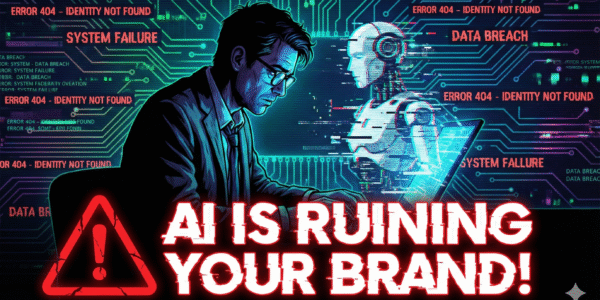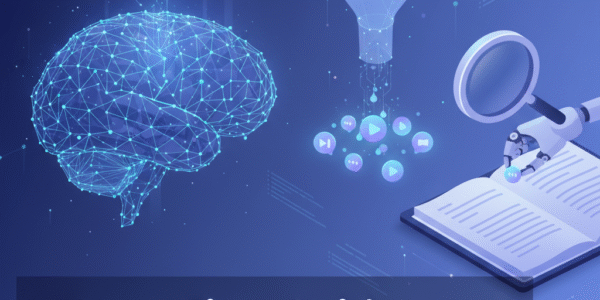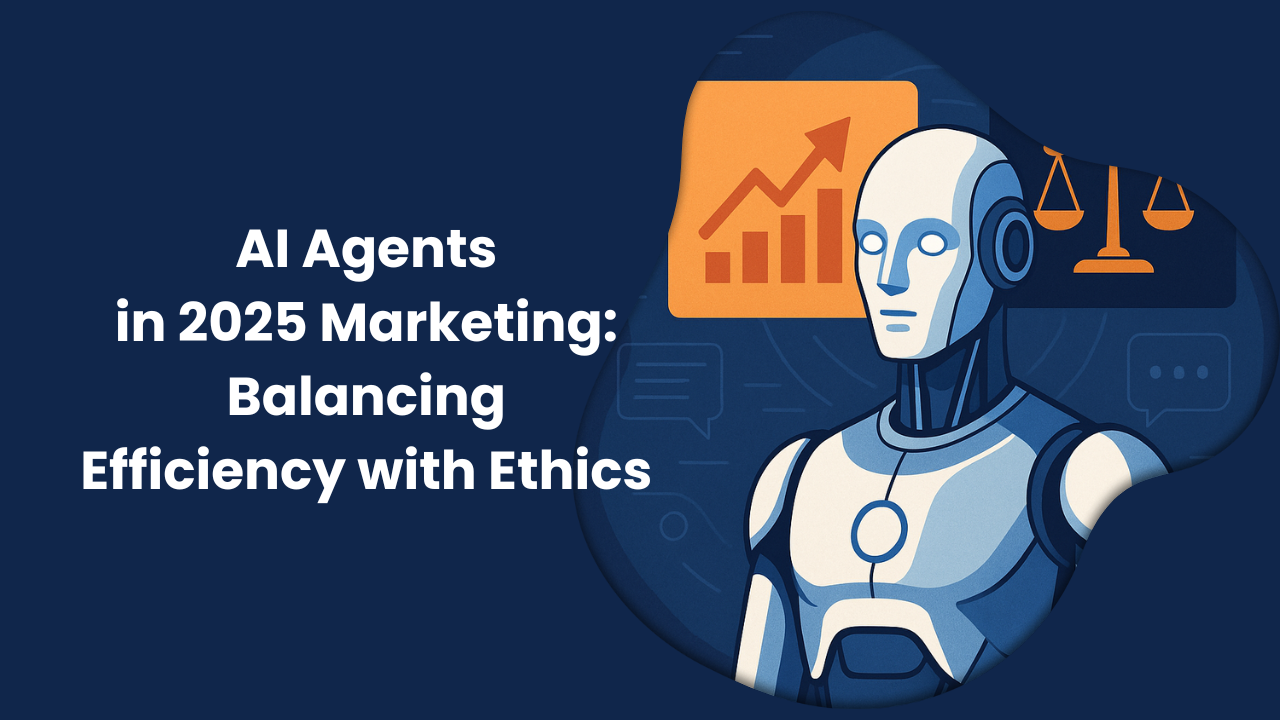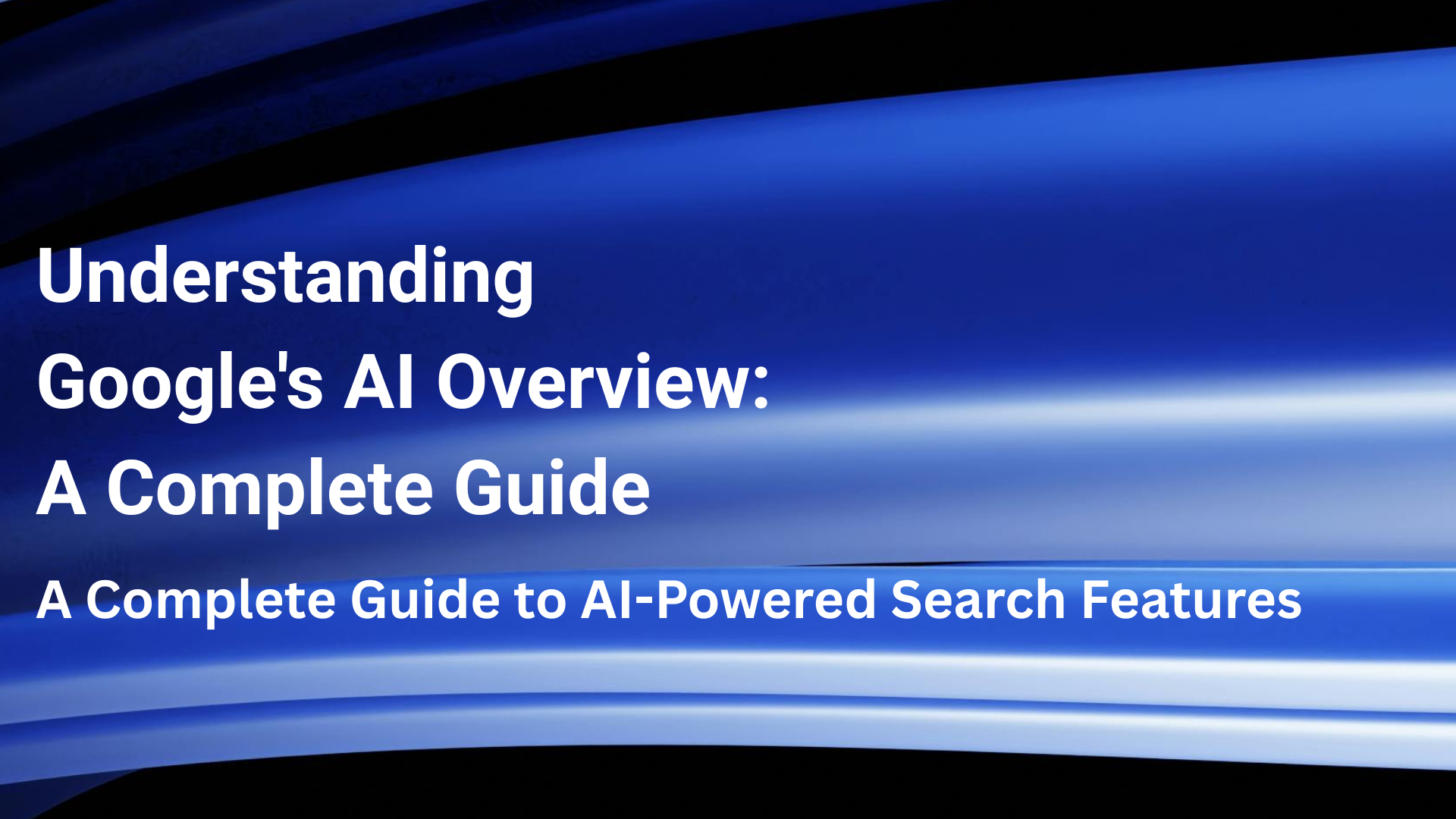Agentic SEO Explained: How AI Agents Will Replace Traditional Search
“`html Agentic SEO Explained: How AI Agents Will Replace Traditional Search Agentic SEO Explained: How AI Agents Will Replace Traditional Search In the ever-evolving landscape of digital marketing, the term agentic SEO is making waves. As organizations strive to stay…
The Complete Guide to AI Search Optimization (GEO) in 2026
“`html The Complete Guide to AI Search Optimization (GEO) in 2026 The Complete Guide to AI Search Optimization (GEO) in 2026 In the rapidly evolving digital landscape, businesses are constantly seeking new ways to enhance their online presence. As we…
3 Ways AI is Quietly Sabotaging Your Brand (And How to Fix It)
Introduction: The Hidden Cost of “Correct” I still remember when a global tech giant made headlines for a catastrophic AI failure. They launched a product designed to learn from public conversations, a bold glimpse into what AI could become. But…
Your First Guide to Getting Noticed by AI: A Beginner’s Playbook for LLM Seeding
1. Welcome to the New Frontier of Content 1.1. The Big Shift: Why Your Content Might Be Invisible Welcome to a major shift in how we find information online. For years, the goal was to show up in Google’s “ten…
Tools for Tracking AI Content Citations: Ensuring Transparency in the Age of Generative AI
Generative AI has revolutionized how we create content, from academic research and journalism to enterprise blogs and knowledge bases. But with this power comes a challenge: ensuring that AI-generated content is properly attributed, cited, and traceable back to its original…
AI Agents in 2025 Marketing: Efficiency vs. Ethics
AI Agents in 2025 Marketing: Efficiency vs. Ethics Artificial Intelligence has transitioned from being a “nice-to-have” tool to a strategic necessity in marketing. By 2025, AI agents—autonomous, task-driven AI entities capable of decision-making and execution—have become the backbone of marketing…
Vibe Marketing: How AI is Redefining the $250 Billion Marketing Industry
In the fast-moving world of startups and venture capital, some terms rise and fall with trends. But every now and then, a concept comes along those signals real change—not just another buzzword. “Vibe marketing” is one such shift. It’s not…
Understanding Google’s AI Overview: A Complete Guide
Introduction Google’s AI Overview (AIO) represents a revolutionary shift in how users interact with search results, leveraging advanced artificial intelligence to provide quick, comprehensive answers to complex queries. This guide will delve deep into what AIO is, how it works,…
The Rise of AI-Powered Personalization: How Generative AI is Tailoring Customer Journeys (Retail, E-commerce)
Unleash the power of personalization! Discover how Generative AI (GAi) tailors the customer journey in retail & e-commerce. Increase engagement & sales with targeted recommendations, dynamic content & more. Read now & embrace the future of marketing
AI-Powered Brand Ambassadors: The Rise of Virtual Assistants in Marketing and Customer Experience
Introduction: The digital landscape is shifting. Consumers crave personalized, interactive experiences, and traditional marketing tactics are losing their luster. In this new paradigm, Artificial Intelligence (AI) emerges as a transformative force, paving the way for hyper-personalized interactions through AI-enabled virtual…







